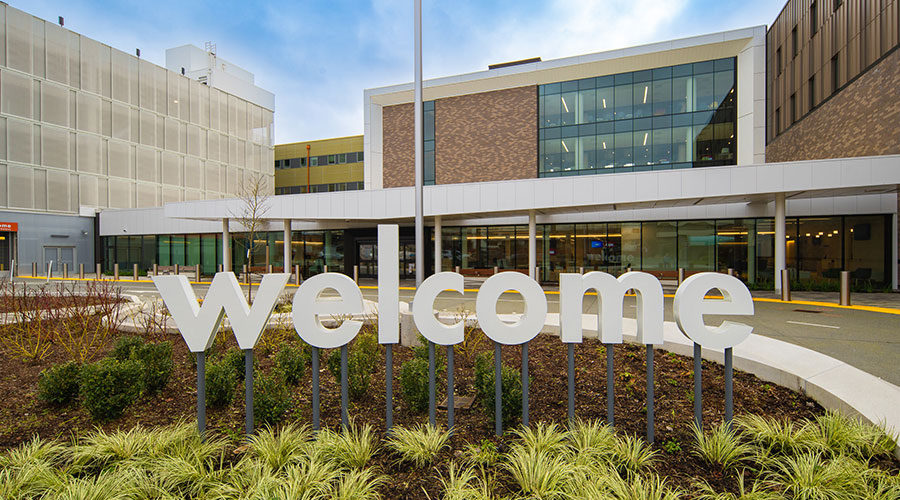A greater volume of personal device usage has forced healthcare organizations to take a long look at their network security approach, according to an article on the Health IT Security website.
Wile securing internal user access and preventing outside intrusion, healthcare IT decision makers are beginning to recognize that the idea of having “four walls” is a thing of the past. Instead these administrators have become authenticators that base access on user role, their privileges and the type of data being accessed. And the technologies have evolved as well, the article said.
One increasingly-important part of network access control these days is aligning security measures with BYOD policies. Administrators are now able to control everything on a healthcare network as part of a BYOD control policy. These management platforms can be integrated with network security components such as Application Delivery Controllers (ADC) or Network Delivery Controllers (NDC).
These appliances are able to do device interrogation to ensure that specific security policies are applied, according to the article. Is the user coming in from a rooted device? Does the device have AV? Is the user coming in from a secure connection? What is the geo-location of the device? All of these can be set as rules to either allow or prevent a device from access the network.
Read the article.

 Seeking Standards for Microbial Loads in Healthcare Facilities
Seeking Standards for Microbial Loads in Healthcare Facilities UCR Health Unveils Plans for Major Expansion
UCR Health Unveils Plans for Major Expansion High-Performance Windows Support Safety at UW Medicine's New Behavioral Health Center
High-Performance Windows Support Safety at UW Medicine's New Behavioral Health Center Central Maine Healthcare Dealing with IT System Outage
Central Maine Healthcare Dealing with IT System Outage Kaiser Permanente Opens Newly Expanded Everett Medical Center
Kaiser Permanente Opens Newly Expanded Everett Medical Center